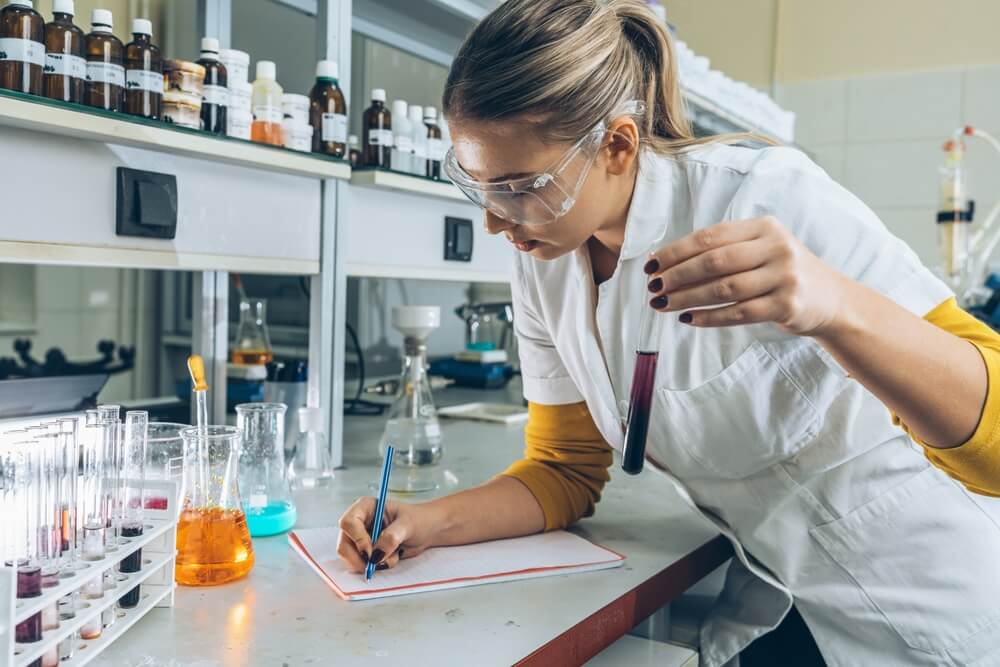
Blog
What Are The Best Prescription Safety Glasses For Chemistry Labs?
Eye protection becomes crucial in chemistry labs because of the unpredictable reactions and the demanding environment. Standard safety goggles are insufficient for people who need vision correction; instead, they require prescription safety glasses made to endure the demanding conditions of a chemistry lab. Particularly when it comes to full seal protection and fulfilling the exacting D3 standard for splash and dust protection, not all glasses are made equal. In this post, we'll look at the best prescription safety glasses that are ideal for anyone working in a chemistry lab. We'll focus on safety eyewear frames that provide the best balance of comfort, safety, and clarity.
Reasons to Use Face and Eye Protection in the Laboratory
Wearing gloves is second nature in a lab, and lab coats are frequently seen. That being said, facial and eye protection are not the same. Because there are so many chances for things to get into your eyes and maybe hurt them, your eyes are priceless and irreplaceable. Consider the substances that you work with daily. If they splashed into your eyes, would you desire that?
Still, there are other hazards to be aware of besides chemical splashes. Hazards in the lab are real and present, including biological pollutants, aerosols, lasers, UV rays, and physical threats. In the laboratory, we are often close to hazardous materials, therefore it makes sense to take precautions to safeguard your face and eyes in case an injury occurs. However, what kind of PPE ought to be worn? Let's review each kind and their ideal applications.
Common Myths About Safety Glasses in Lab Settings
Prescription glasses can be used as safety glasses.
This myth has two problems:
- The majority of eyeglasses lack ratings for impact protection to start with. The majority of eyeglasses do not meet the ANSI Z87.1 rating required for safety eyewear.
- The lack of side shields is the second issue for eyewear that does not fulfill ANSI impact standards. The OSHA Eye and Face Protection Requirement requires ANSI Z87 safety glasses to fulfill certain side shield criteria. It should be noted that some side shield items attach to ANSI-rated eyewear to make it compliant.
Safety glasses are not compatible with contact lenses
There was a widespread belief some years ago that wearing contact lenses could result in a chemical reaction with lab gases. In most lab settings, contact lenses are permitted to be used with the proper Rx medical Goggles according to updated guidelines. Nevertheless, each unique chemical hazard needs to be assessed individually.
In all situations where liquid chemicals are used, safety glasses are adequate
Although safety glasses with authorized side shields offer some splash and impact protection, they are not splash-proof. Therefore, operations using a lot of chemicals or compounds that are particularly hazardous should think about using ANSI-approved over-prescription goggles instead of safety eyewear. A rated face shield combined with safety eyewear is another other technique.
When Accessing Laboratory Areas, think about....?
- Recognize any potential risks to eye health when in laboratory settings. chemicals, heat, visual radiation, and other substances can all be dangerous.
- Any laboratory setting where there is a possibility of an eye injury or where there are physical, biological, or chemical risks requires the use of splash Goggles.
- Over-the-glass (OTG) and Z87 prescription safety glasses are readily accessible. Ordinary prescription eyewear is not a suitable substitute for safety glasses because they are not impact-resistant.
- To make sure the safety glasses fit properly, "fit testing" is required.
- Verify if every safety eyewear item is labeled "ANSI Z87."
Recognize where the closest eyewash station is, how to use it, what actions to take in the event of an eye exposure, and how to report an incident. Any incident that involves an injury, disease, exposure, injury-free situation, or near-miss should be documented.
Types of Eye Protection
Safety Eyewear
Safety glasses protect the eyes from small chemical splashes, shattered glass, grinding, sawing, scaling, and other particles that may cause moderate impact. When it comes to procedures like stirring, the pouring process, or mixing that require a lot of chemicals, safety glasses provide insufficient protection. Impact-resistant lenses and metal or plastic safety frames characterize this protective eyewear. To protect against side impacts, side shields are a must for all safety glasses.
Goggles for Chemical Safety
These are tightly fitting goggles that enclose the eyes and shield them from dust, impact, and chemical splashes. Sports goggles are frequently used for bulk chemical transfer, strong corrosive material application, and to safeguard against chemical splash risks. Certain goggles are compatible with corrective lenses.
Laser Safety Glasses
These specialized eyewear shields various laser light wavelengths. The equipment and working atmosphere of the space will determine the kind of laser protective glasses that an employer selects.
Face Shields
These clear plastic sheets span the whole breadth of the head, from the eyebrows to just below the chin. Face shields offer very limited protection against impact dangers; they are insufficient against irritating dust and possible splashes or sprays of dangerous liquids. Face shields should never be used in place of suitable protective eyewear. The face shield must be worn in conjunction with safety glasses or goggles when impact shielding is required.
Components of Comfy Safety Glasses
Here are the following features as the most crucial for safety glasses' comfort.
- Lightweight: Although single-vision safety glasses must adhere to ANSI requirements, several contemporary styles offer sufficient protection without being too large or heavy. You hardly notice you're wearing them in many contemporary models because they are so light. This is an excellent tool for refuting the "uncomfortable" justification.
- Rubber Nosepiece: Sliding safety glasses are inconvenient and frequently useless. When using safety glasses for an extended amount of time, rubber nose pads significantly lessen this problem and have a significant impact. This is particularly true while using safety glasses in warm, moist conditions or when performing tasks that need the wearer to often glance down.
- Adjustable Earpieces: The earpiece design is the last consideration for comfort and fit. While inflexible earpieces often encourage comfort difficulties, flexible earpieces guarantee comfort for the greatest possible variety of people. If the earpiece is too tight, it can irritate, and if it is too loose, glasses may slide.
Standards and Rules Associated with Lab Safety Glasses
Employee health and safety should always be the driving force behind the promotion of excellent safety practices, but it's also critical to understand safety rules and regulations and how they relate to the workplace. The following two laws and guidelines apply primarily to lab stylish safety glasses:
Z87.1 by ANSI/ISEA
This standard is cited by numerous regulatory authorities, including OSHA, and serves as the foundation for standards about eye protection. It's important to note that a variety of eye and face protection goods, such as safety glasses, face shields, protective goggles, and other similar devices, are covered by the Z87.1 standard. Always start by making sure the Z87.1 grade is accurate when thinking about Z87.1 safety eyewear solutions. This guarantees that the eye protection will withstand any impact risks in the work setting.
OSHA Standard for Face and Eye Protection
Employers must comply with this criterion by offering suitable protection against any potential exposure to risks that could endanger their eyes or faces, such as flying fragments, hazardous chemicals, toxic liquids, chemical fumes or vapors, or potentially harmful light radiation. This standard emphasizes that eye protection must include side shields and makes explicit reference to ANSI Z87.1 safety glasses.
Improvements in Lab Safety Glasses
Long-Term Anti-Fog Layer
Fogging is a frequent problem with safety glasses and goggles in a lab setting, which can impair vision and cause disruptions to work. Get a long-lasting anti-fog coating to guarantee that your lenses stay clear in any situation. For preserving visibility during trials including face masks or temperature changes, this coating is revolutionary.
Lens Coatings & Tints
For people who spend hours in the intense illumination of a chemistry lab, minimizing eye strain is essential. Extended durations of concentration can be more comfortable with your lenses tinted pink or coated with anti-glare material to assist lessen the strain brought on by artificial lights. These improvements shield your eyes from damage and lessen eye strain, increasing the effectiveness and enjoyment of your lab work.
How Can You Pick the Ideal Safety Glasses?
In a dangerous workplace such as a science lab, wearing the appropriate anti-fog safety glasses is essential for optimum eye protection. Here are a few things to think about. Safety goggles can be made of different materials; however, polycarbonate lenses are frequently advised. They are 10 times more advantageous than glass or conventional glasses, and they are lightweight than standard plastic.
Comfort and Fit
For safety and comfort, a proper fit is vital. To make sure the glasses fit comfortably without pinching or slipping off, verify elements like flexible straps, adjustable arms, and soft nose pads.
Coverage
To shield against threats from all angles, pick a pair that provides full protection around the eyes, such as wraparound lenses or side shields.
Particularized Elements
Extra features like UV protection, anti-fog coatings, or tinted lenses for greater vision may be necessary depending on the needs of the lab.
Style
Although safety should always come first, safety lenses can be made to seem more stylish without sacrificing protection.
Assessments and Suggestions
To find tried-and-true eyeglasses lab safety equipment, look up user evaluations or ask colleagues or specialists for advice.
Try Before You Buy
Before choosing a pair, try on a few. It's always better to try them on in person because convenience and fit can vary greatly from person to person.
By taking these things into account, one can choose anti-fog safety glasses that are both comfortable to wear for extended periods and satisfy safety regulations. Keep in mind that the appropriate pair can differentiate between maintaining safety and incurring the risk of eye damage.
Premium Safety Glasses for Chemistry Laboratories
The following are the top choices for Made in USA Goggles that are suitable for chemical labs and comply with ANSI Z87 safety standards:
Hudson H1
With an elegant look and robust construction, the Hudson H1 safety glasses offer both sophistication and safety. For individuals who want full seal protection but a more conventional eyeglasses appearance, these frames are ideal. Additionally, the Armourx 6008 models are D4-rated, assuring any laboratory environment.
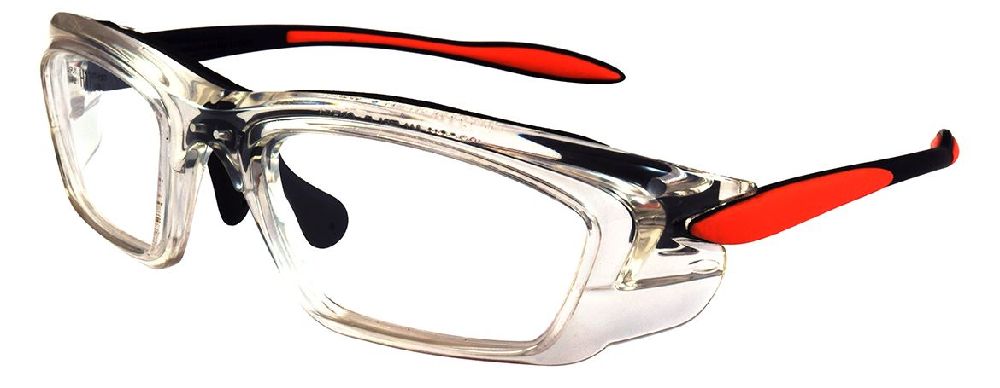
Hudson H1 safety glasses
Armourx 6005
The Armourx 6005 safety glasses are perfect for extended lab sessions because of their wide viewing area and customizable, comfortable fit. No matter the task, your vision will remain sharp and your eyes secure because of their perfect seal and significant impact resistance, which guard against chemical spills, dust, and debris.
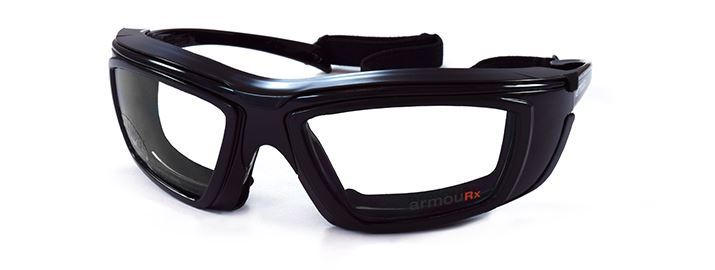
Armourx 6005 Safety Glasses
WileyX SG-1
The excellent impact resistance and full seal design of the WileyX SG-1 safety glasses make them ideal for use in the lab, not simply at the shooting range. They ensure your eyes stay safe throughout even the riskiest tests by providing outstanding protection against flying debris and chemical splashes.
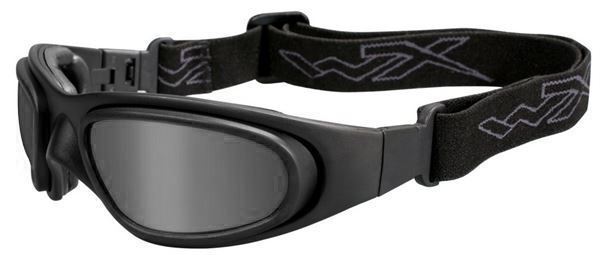
WileyX SG-1 Safety Glasses
GRXS35
These goggles provide total seal protection, guaranteeing that no dangerous substances will get into your eyes. Given the erratic nature of a chemistry lab, the GRXS35 safety glasses are a great option because it is specifically made to meet the D4 classification for splash and dust protection. Its broad field of vision and comfortable fit guarantee that your work will never be compromised.
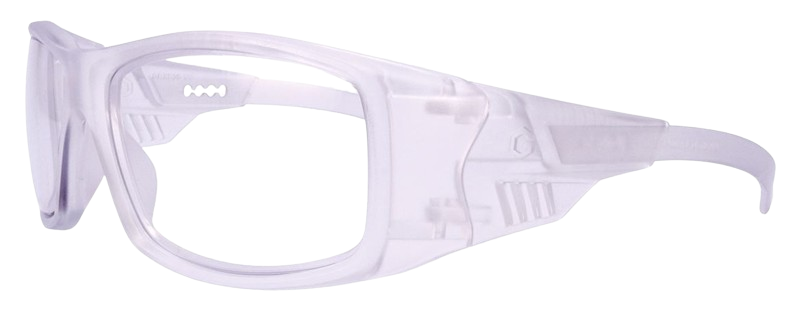
GRXS35 Safety Glasses
Get The Highest Quality Eyewear At SEG
More than just impact resistance should be taken into account when selecting safety glasses for chemical labs. Complete seal protection, lens finishes, and comfort should all be carefully considered. The WileyX SG-1, Armourx 6005, Armourx 6008, and GRXS35 models from SEG meet the D4 standard for outstanding protection and come with choices for anti-glare and anti-fog advancements.
You may safeguard your eyes and concentrate on your task with confidence by choosing the correct pair that has the required improvements. A proper pair of safety glasses is essential if you're interested in science and need to mix chemicals, perform experiments, or just get around the lab. SEG is committed to offering the greatest and most up-to-date medical equipment and supplies. We never stop searching for the newest advancement that will help our numerous clients and the patients they devote their entire lives to treating.


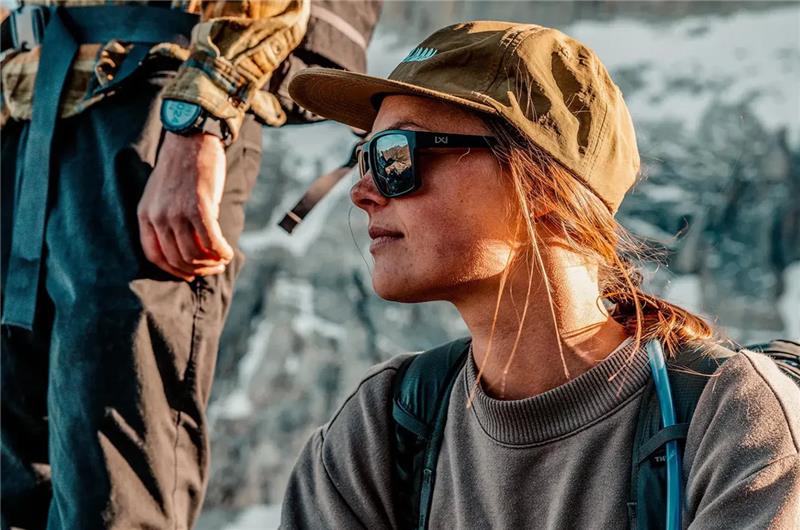
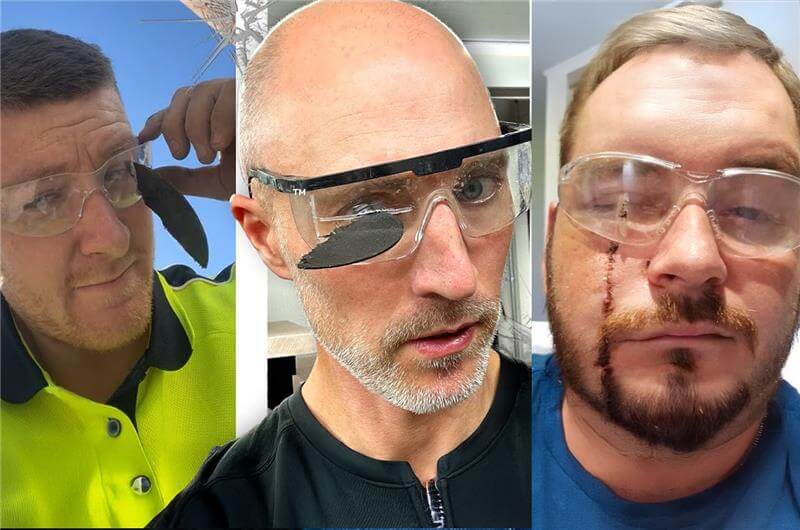
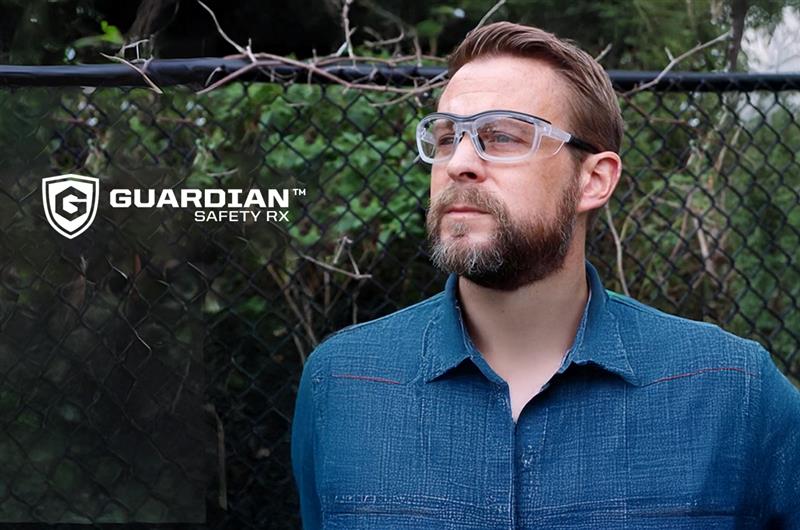
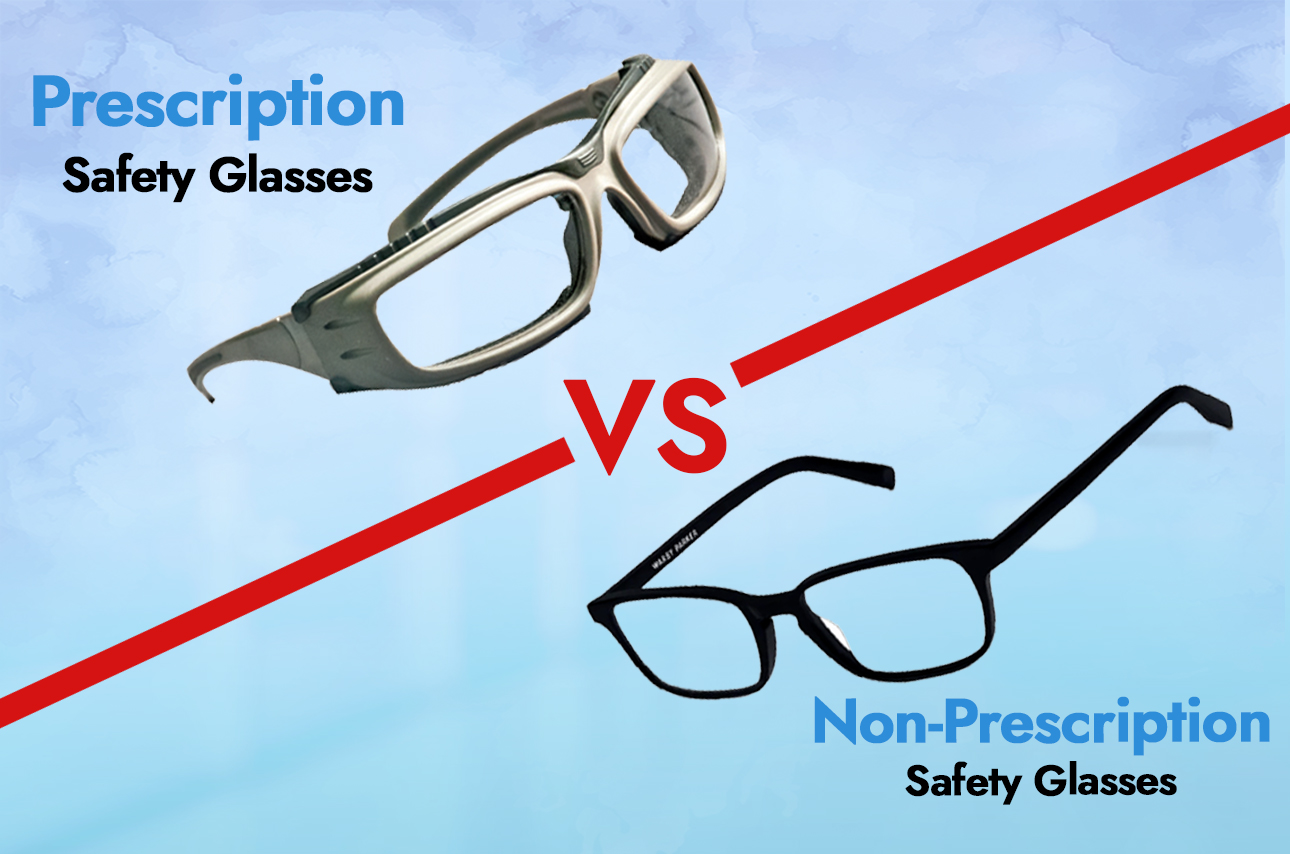
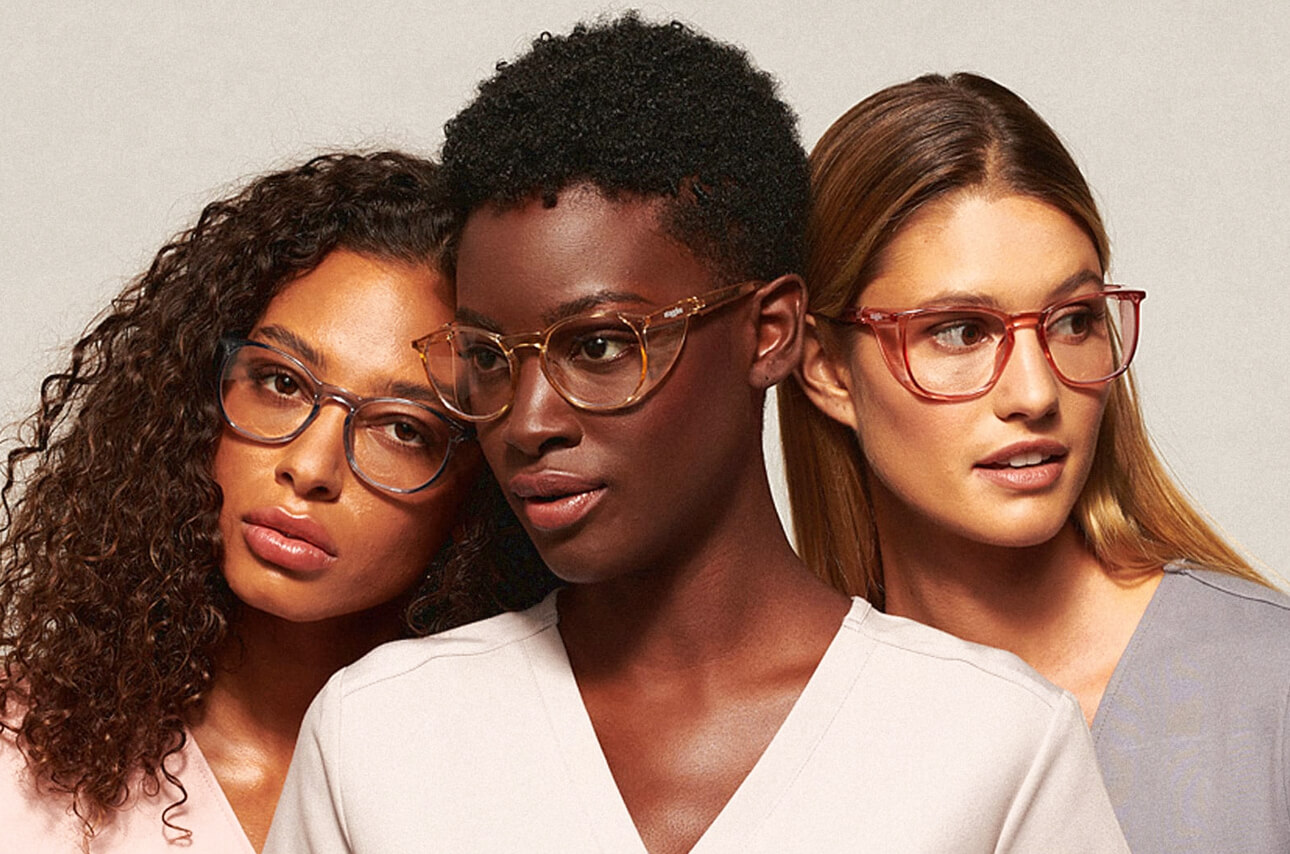

Leave your comment